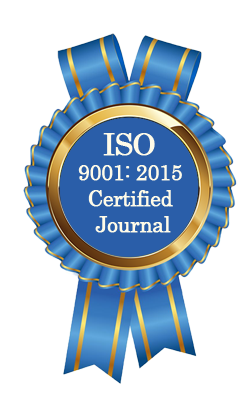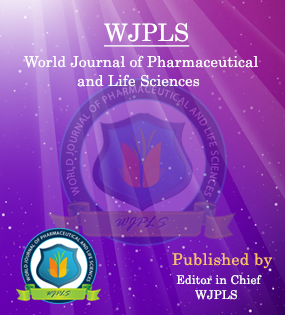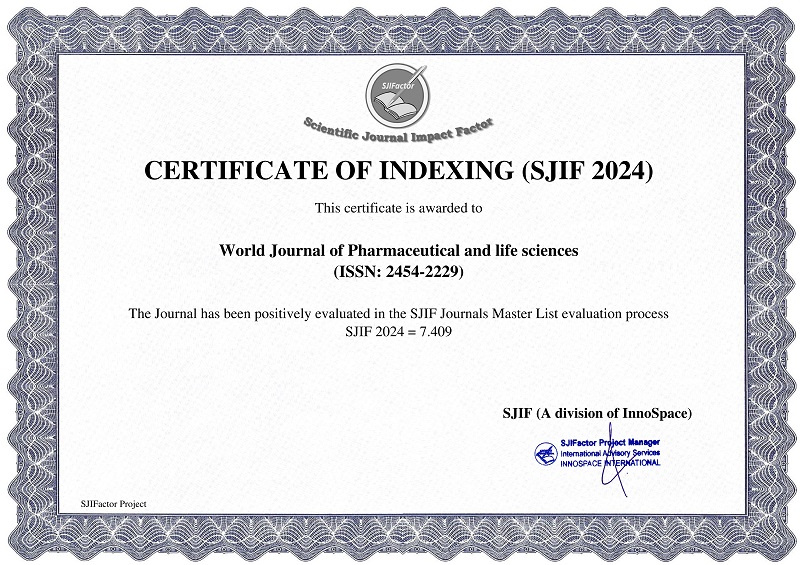Abstract
GLIMPSES OF SQUINT – AYURVEDIC APPROACH AND CURRENT TRENDS IN OPHTHALMIC PRACTICE
Dr. Manasi Raveendra Borkar* and Dr. Sumedha Yogesh Kotangale
ABSTRACT
Squint or Strabismus is the condition when the two eyes are not aligned properly. Due to which, when the visual axes of both the eyes do not meet at the point of fixation squinting occurs. The condition of squint happens when there is disturbance in oculomotor functioning or it may cause due to neuro disturbances. These squints can be neurogenic, myogenic, mechanical or a combination of these. According to cause of squint the approach to manage the case can be decided. Optics, Orthoptics and Surgical management are the basic modalities followed in ophthalmic practice. When squint case is approached in the Ayurvedic view it is corelated as Netra-teeryakata. When Netra-peshi (Extra ocular eye muscles) gets weaken due to any abnormal factors it results in Netra-teeryakata. Due to which limitation of eye movements, diplopia, false orientation of the object, head tilt are the symptoms which can be observed. Ayurveda is the science which stimulates the body tissues itself by which growth and development of every organ can be strengthened. Kriyakalpa plays important role in enhancing health of eyes. While managing cases of squint ophthalmic practitioner can suggest suitable Kriyakalpa to the patient to restore the Peshibala. Other recent trends are also adaptable by the patient simultaneously like eye patching, eye exercises. The cumulative effect of Ayurvedic local therapy for strengthening of eye muscles and latest advance techniques will give better results to manage squint in early phase.
[Full Text Article] [Download Certificate]WJPLS CITATION 
| All | Since 2020 | |
| Citation | 590 | 424 |
| h-index | 12 | 10 |
| i10-index | 17 | 14 |
INDEXING
NEWS & UPDATION
BEST ARTICLE AWARDS
World Journal of Pharmaceutical and life sciences is giving Best Article Award in every Issue for Best Article and Issue Certificate of Appreciation to the Authors to promote research activity of scholar.
Best Article of current issue
Download Article : Click here





